services
Hematology
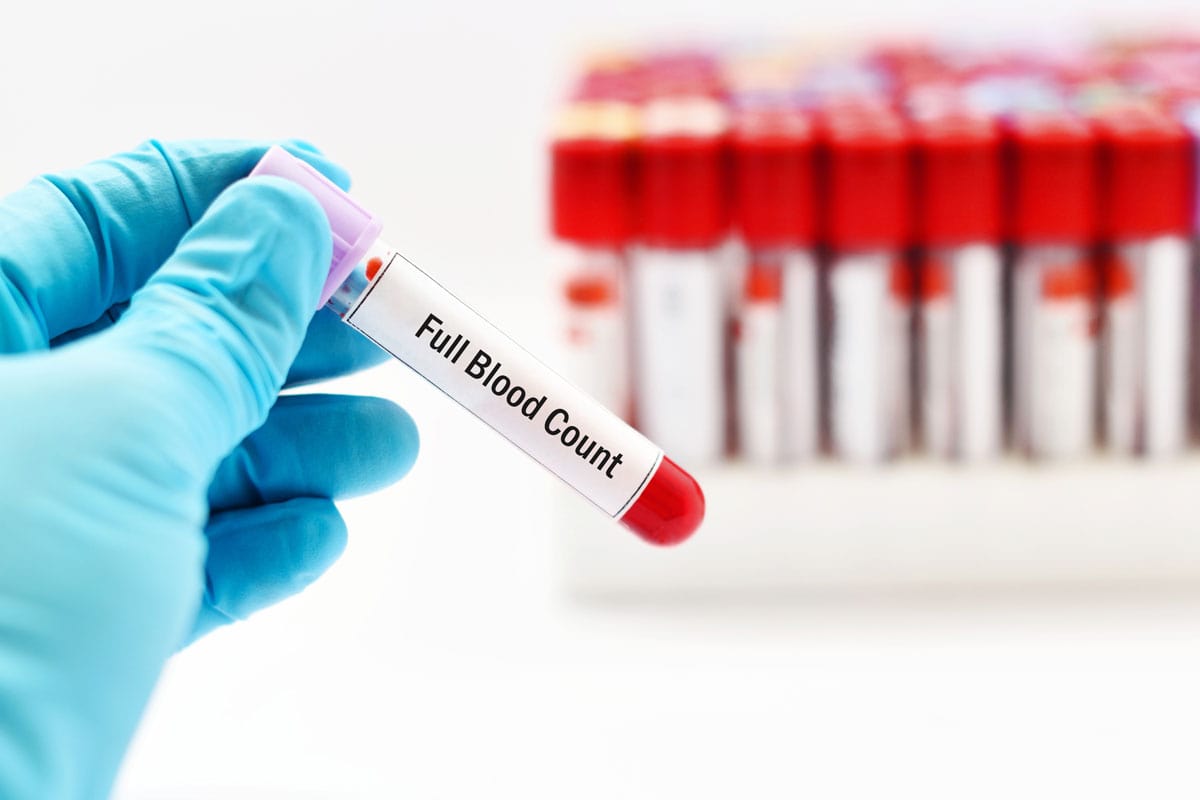
A Full Blood Count (FBC), also known as a Complete Blood Count (CBC), is a routine blood test that provides a comprehensive overview of your blood's cellular components.
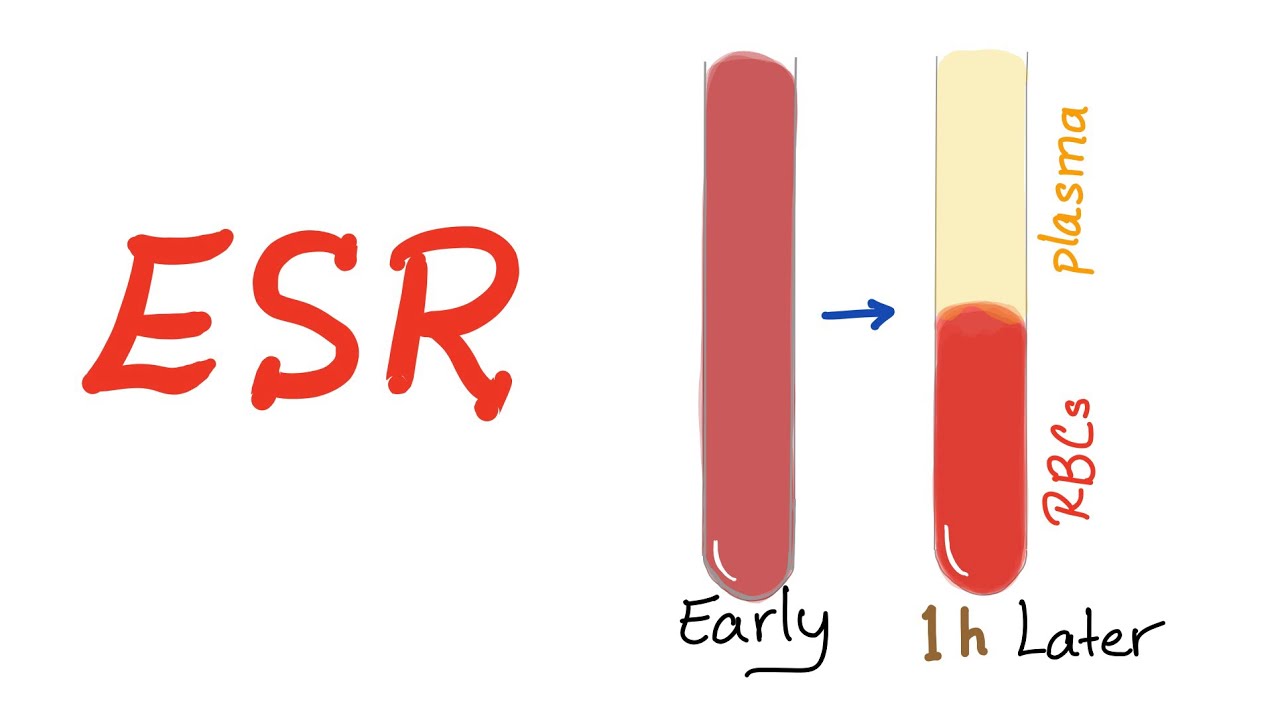
ESR, or erythrocyte sedimentation rate, is a blood test that measures how quickly red blood cells settle at the bottom of a test tube. It's a common test used to help detect inflammation in the body.
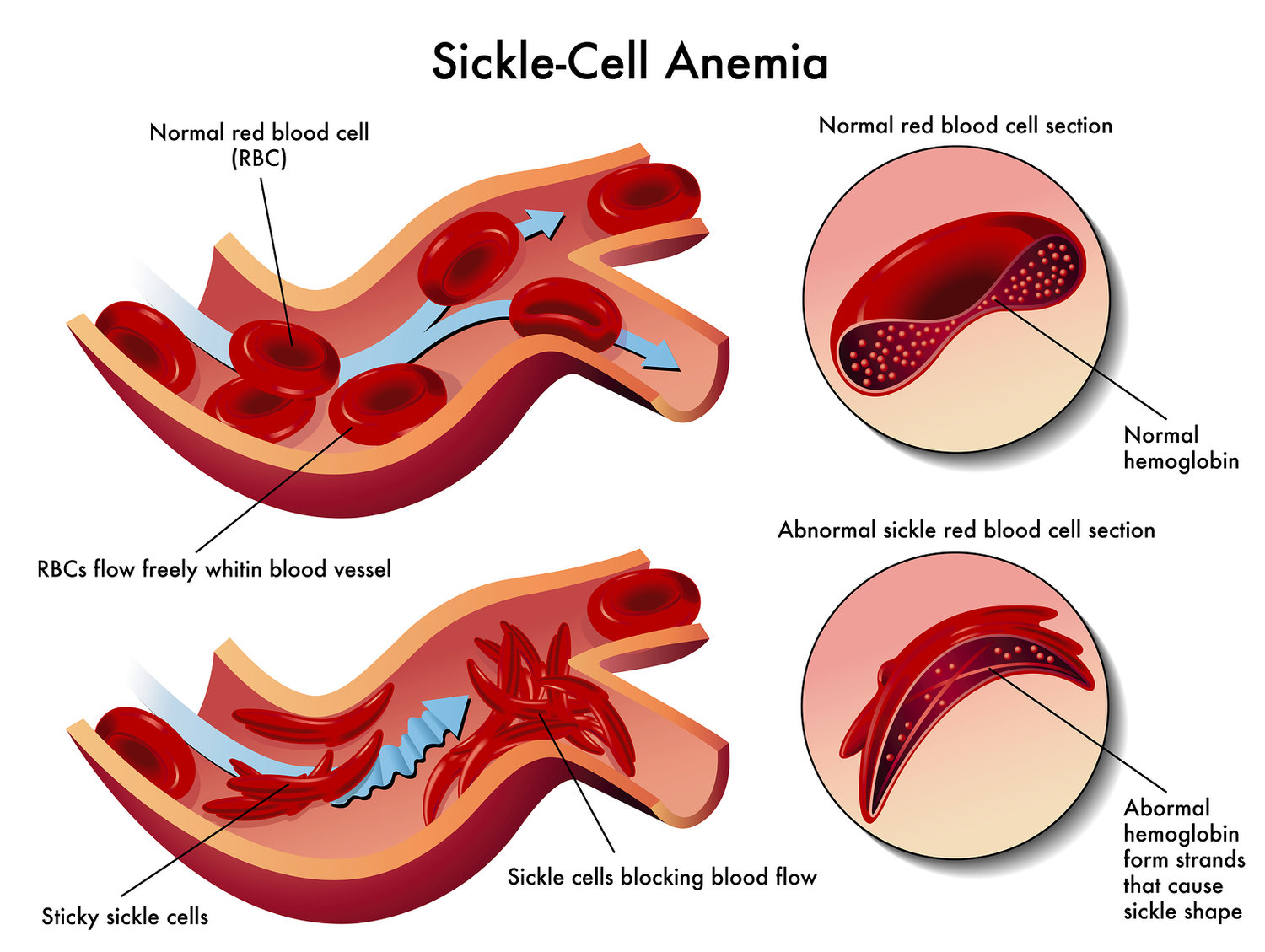
A sickle cell test is a blood test that checks for abnormal hemoglobin, particularly hemoglobin S, which is associated with sickle cell disease.
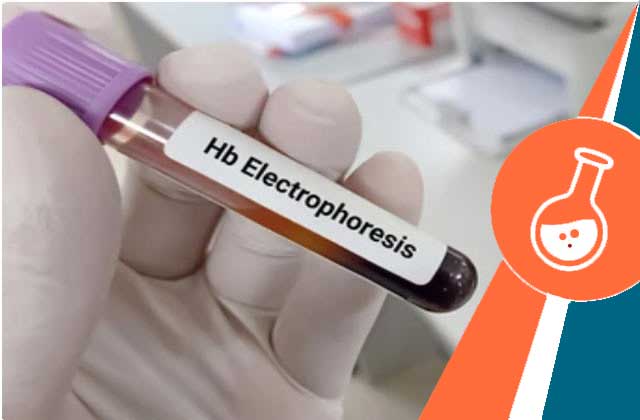
Hemoglobin electrophoresis is a blood test that separates different types of hemoglobin based on their electrical charge and size.
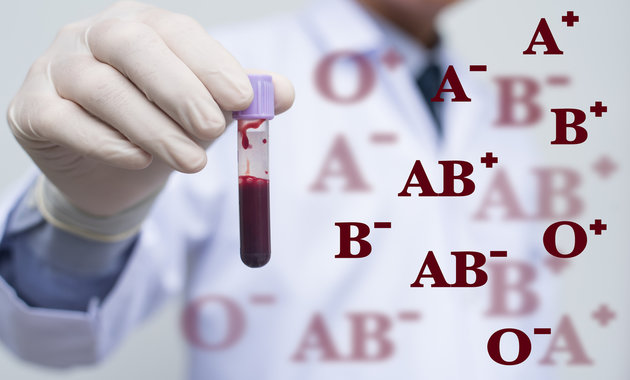
Blood grouping refers to the classification of blood into different types based on the presence or absence of specific antigens on red blood cells.
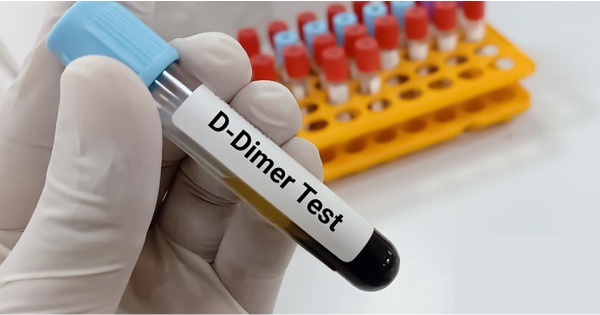
D-dimer is a small protein fragment released when a blood clot breaks down. It's a marker for blood clotting activity, and a D-dimer test can help diagnose conditions like deep vein thrombosis (DVT), pulmonary embolism (PE), and disseminated intravascular coagulation (DIC).
Biochemistry
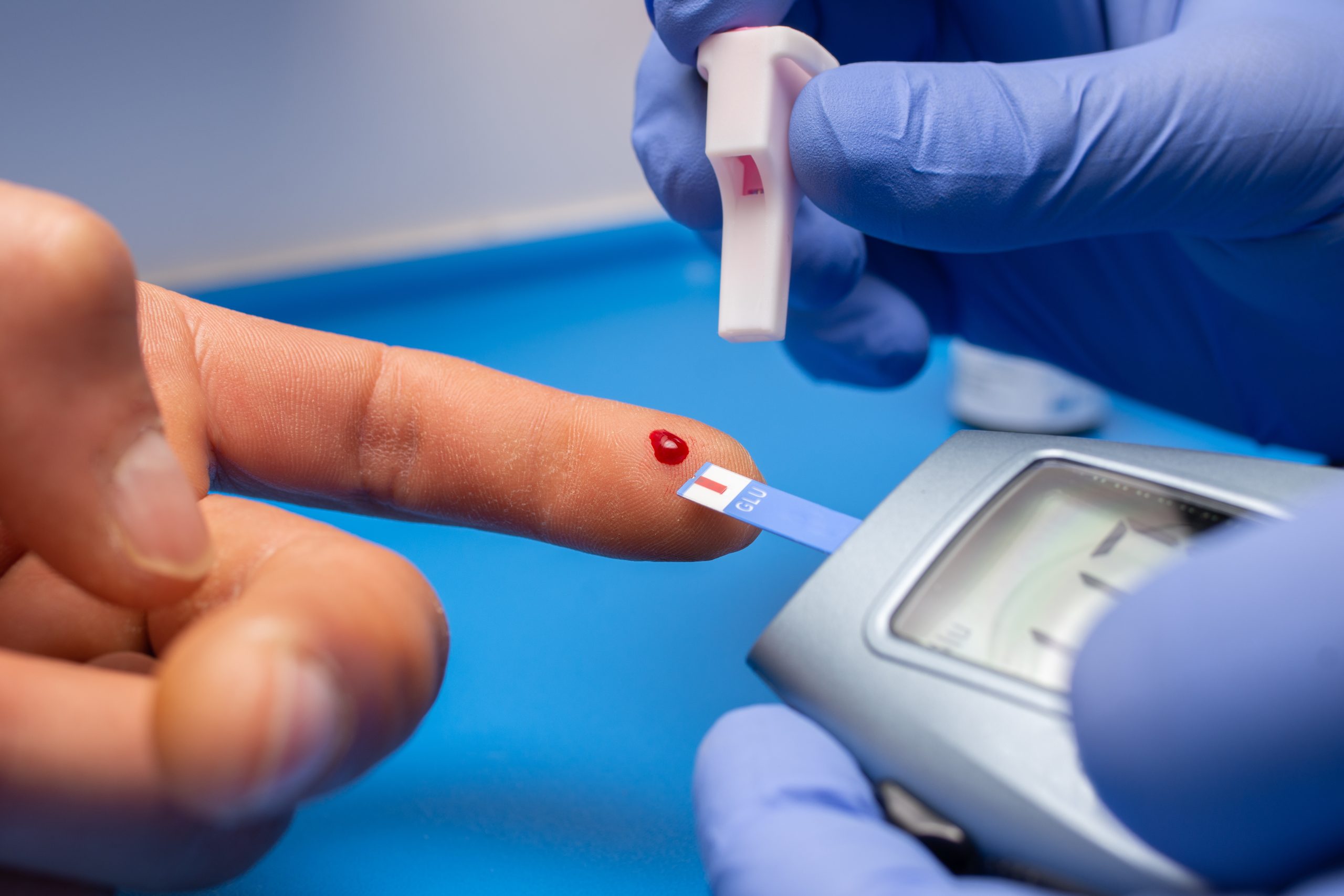
A random blood sugar test (RBS) does not require fasting, meaning you can eat and drink normally before the test. This test measures your blood glucose levels at the time of the test, regardless of when you last ate.
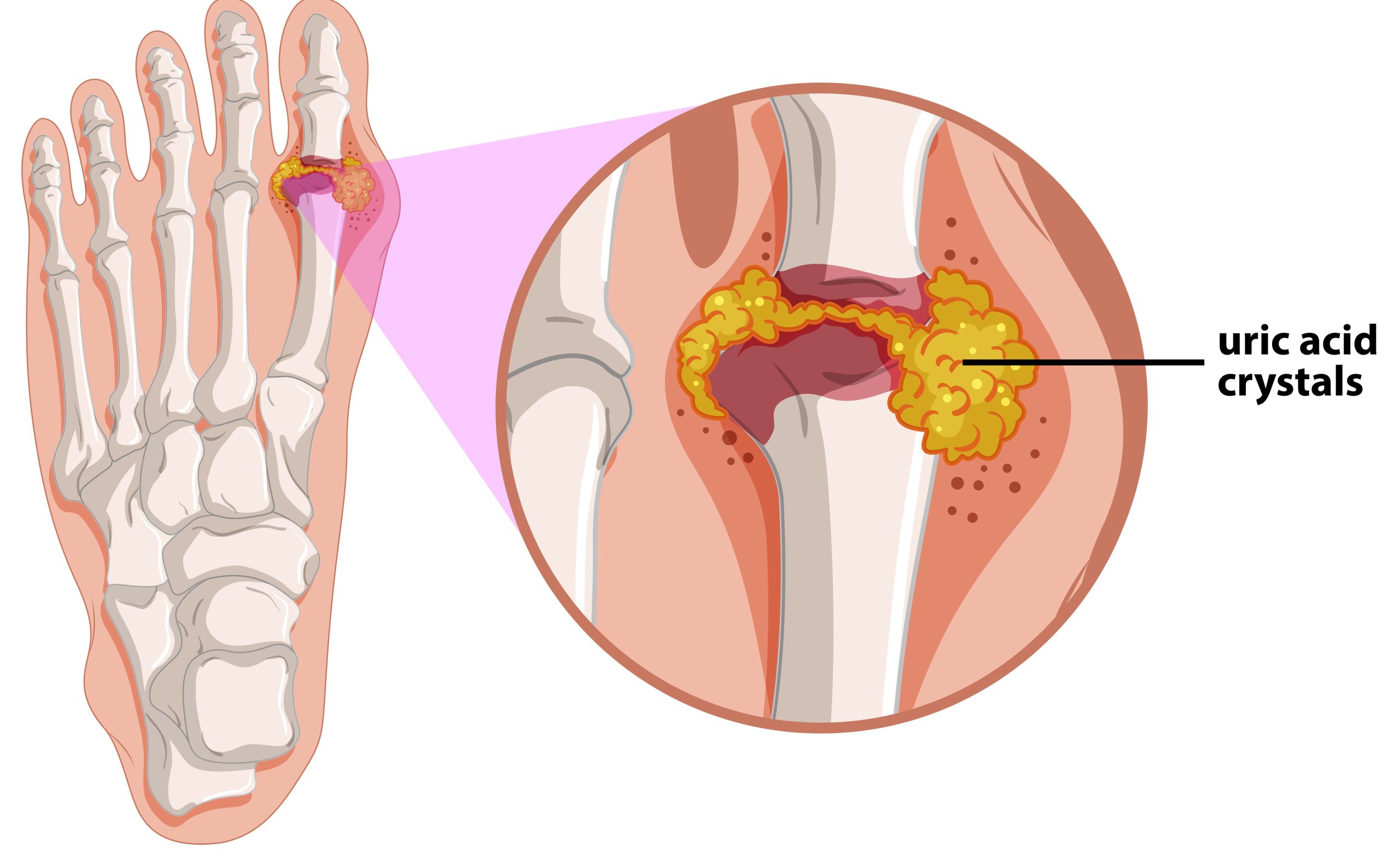
Uric acid is a natural waste product formed when your body breaks down purines, substances found in foods and drinks. It's a normal part of urine and is usually filtered by the kidneys. High uric acid levels (hyperuricemia) can lead to health issues like gout and kidney stones.
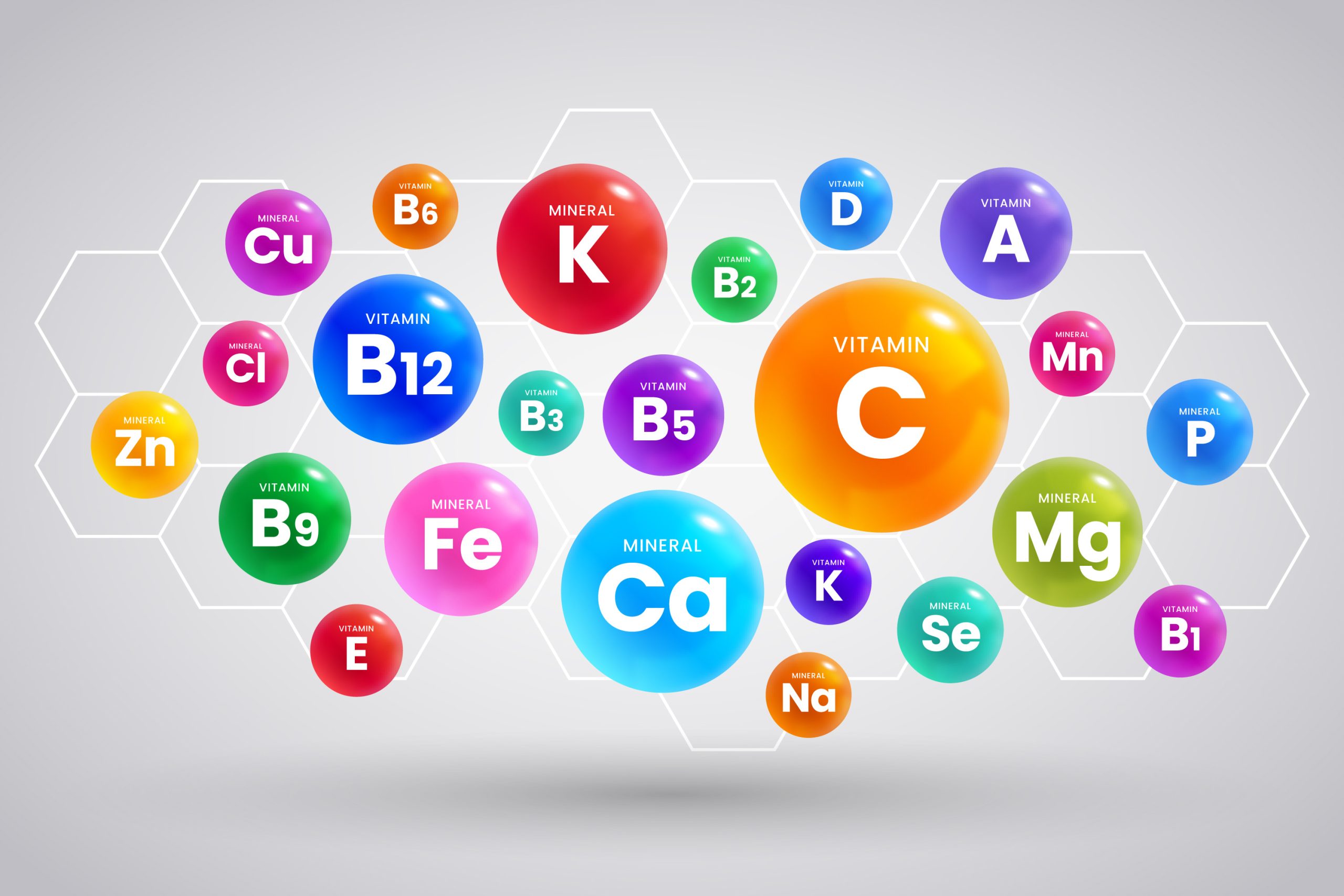
A calcium total test, also known as a serum calcium test, measures the total amount of calcium in your blood. It's a blood test that helps doctors assess calcium levels, which are crucial for bone health, nerve function, muscle contraction, and blood clotting.
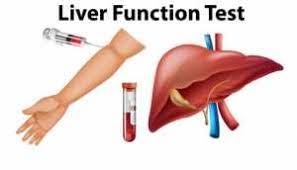
Liver function tests (LFTs) are a group of blood tests that evaluate the health and functionality of the liver. They measure various substances produced or processed by the liver, such as enzymes, proteins, and byproducts, to assess if the liver is functioning properly and to identify potential damage or disease.

A cardiac screening test helps assess heart health and identify potential problems early. Common tests include an ECG (electrocardiogram), echocardiogram, stress test, and blood tests to check cholesterol levels.
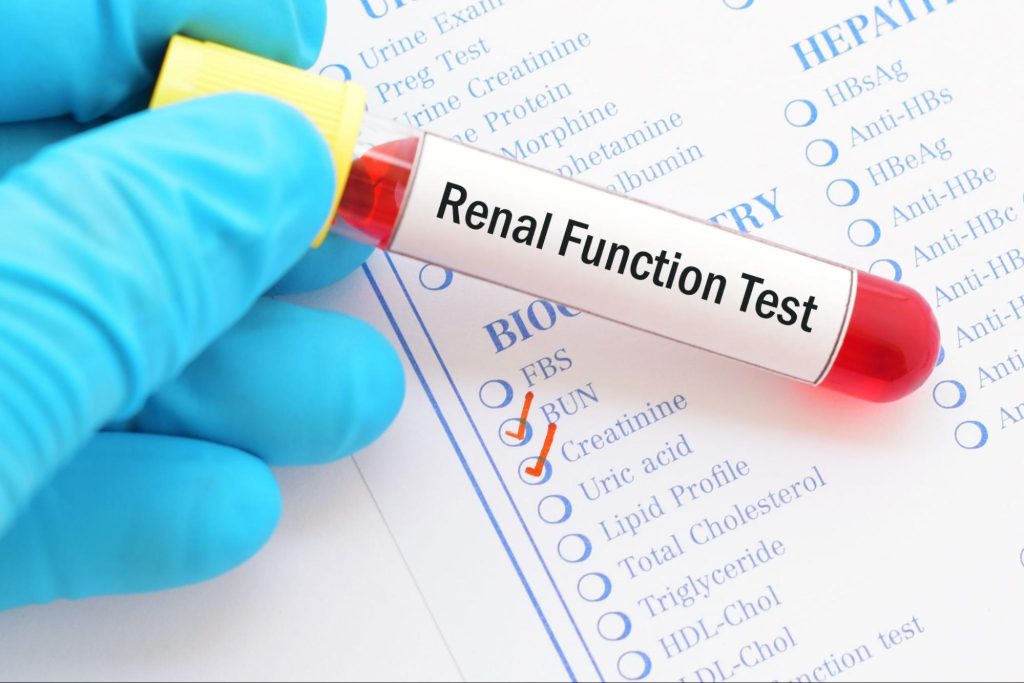
Renal function tests, also known as kidney function tests, are a group of blood and urine tests used to evaluate the health and efficiency of your kidneys. They measure levels of various substances in your blood and urine to assess how well your kidneys are filtering waste products, maintaining fluid balance, and regulating electrolytes.
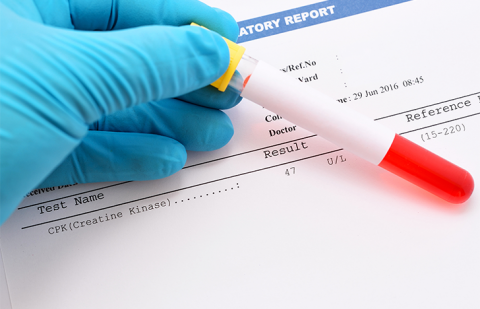
C-reactive protein (CRP) is a protein produced by the liver in response to inflammation. It's a highly sensitive acute phase reactant, meaning its levels in the blood rise quickly when there's inflammation, injury, or infection in the body.
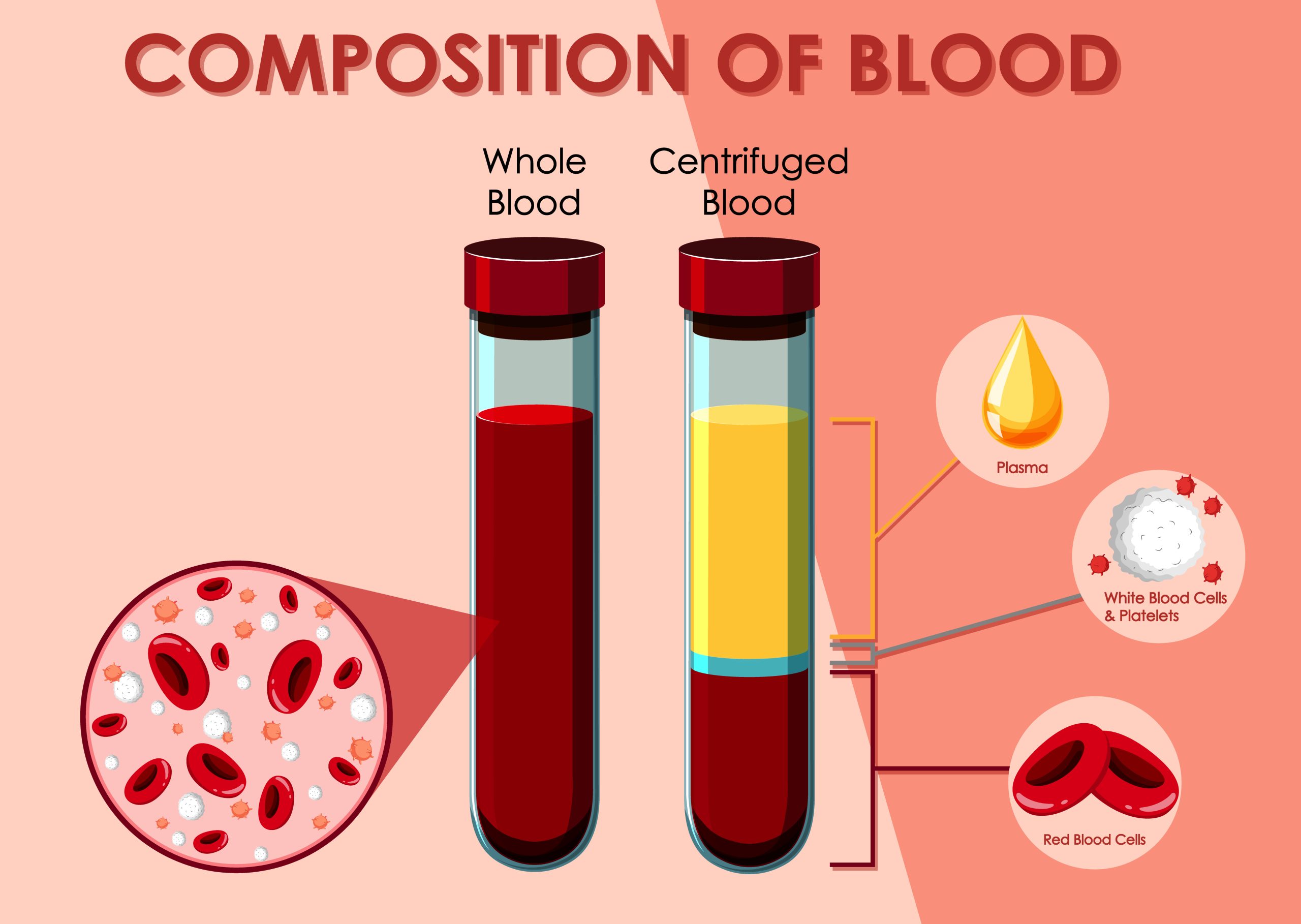
A lipid profile, also known as a cholesterol test or lipid panel, is a blood test that measures the levels of various fats (lipids) in your blood. It assesses your total cholesterol, LDL (bad) cholesterol, HDL (good) cholesterol, triglycerides, and sometimes VLDL (very low-density lipoprotein) cholesterol.
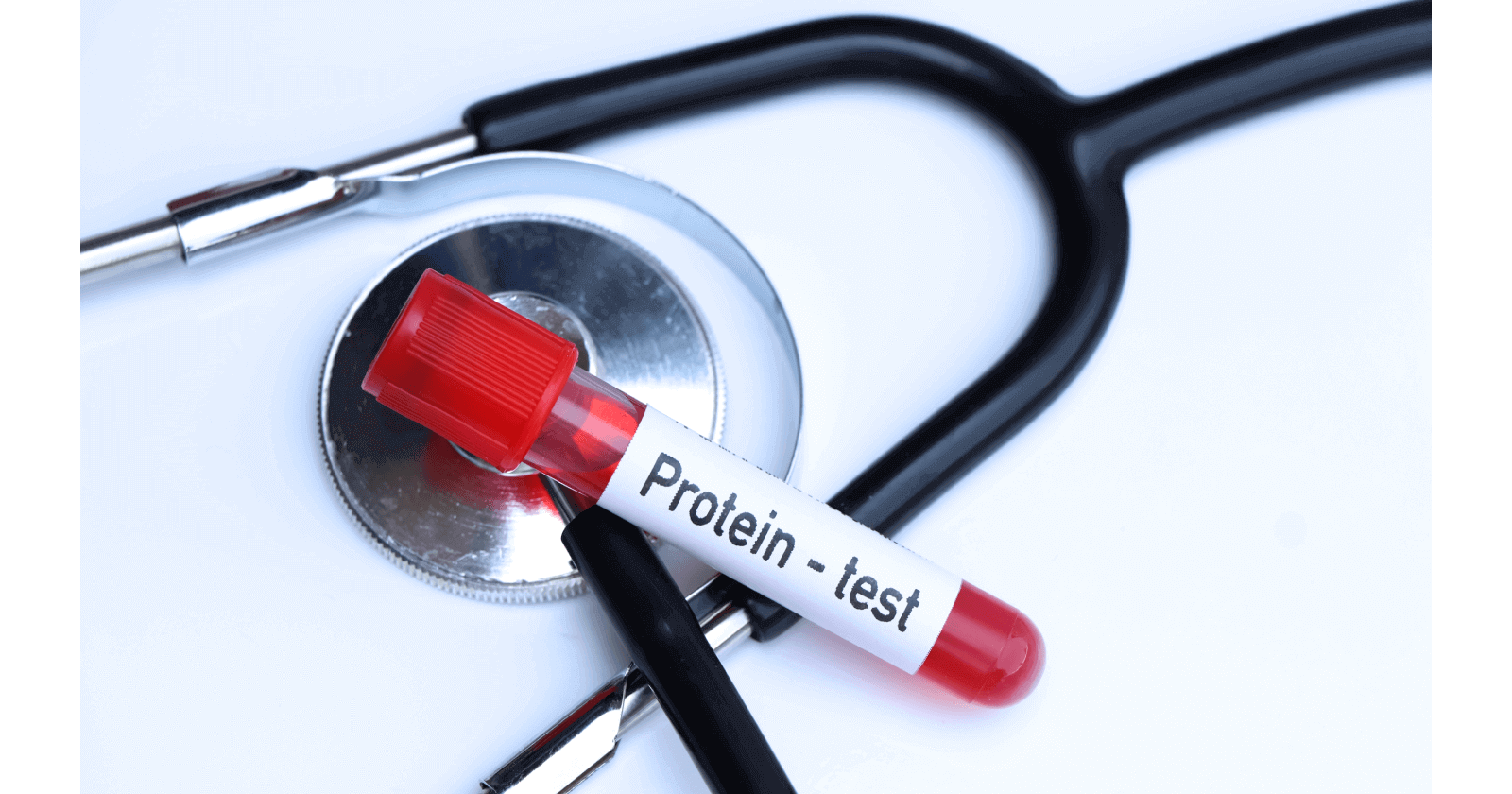
A serum protein test, specifically a total protein test, measures the amount of protein in the blood, primarily albumin and globulins. It's a common blood test used to assess overall health, particularly liver and kidney function, as well as nutritional status.

Fertility hormones are key regulators of the reproductive system, influencing egg and sperm production, ovulation, and overall reproductive health. These hormones include gonadotropins (FSH and LH), sex hormones (estrogen, progesterone, and testosterone), thyroid hormones, and prolactin

PSA (prostate-specific antigen) tests measure levels of PSA, a protein produced by the prostate gland, in the blood. Both total PSA and free PSA are measured to assess the risk of prostate cancer. Total PSA includes both bound and free PSA, while free PSA is the portion that is not bound to proteins.

HIV (Human Immunodeficiency Virus) – Africa CDCHIV, or human immunodeficiency virus, is a virus that attacks the body's immune system, specifically CD4+ T cells (also known as T-cells). This weakens the body's ability to fight off infections, making it more vulnerable to a variety of illnesses, including cancers. HIV can be transmitted through certain bodily fluids like blood, semen, vaginal fluids, and breast milk. .
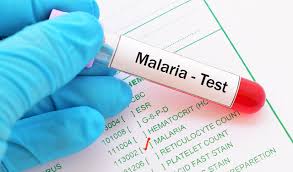
Malaria testing typically involves two main types of blood tests: blood smear microscopy and rapid diagnostic tests (RDTs). Blood smear microscopy, the "gold standard," involves examining a blood sample under a microscope to identify the presence and type of malaria parasite. RDTs, on the other hand, are faster and more convenient, using a test strip to detect specific malaria parasite proteins.
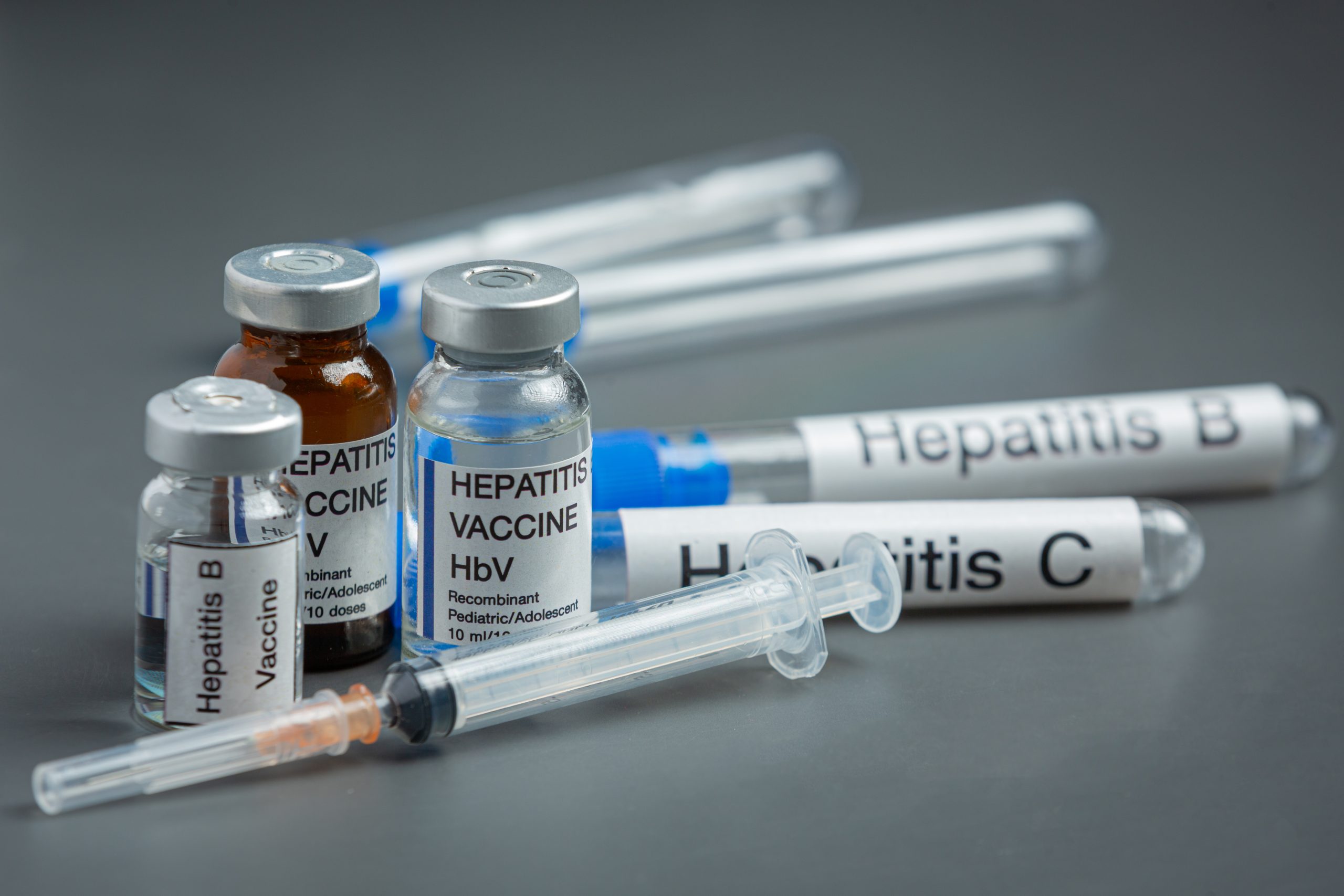
Hepatitis A, B, and C are viral infections that cause inflammation of the liver. While they can all cause similar symptoms like fatigue, jaundice, and abdominal pain, they differ in how they're transmitted, their potential for becoming chronic, and their treatment options. Hepatitis A is usually mild and resolves on its own, while Hepatitis B and C can lead to chronic liver disease, cirrhosis, and liver cancer.
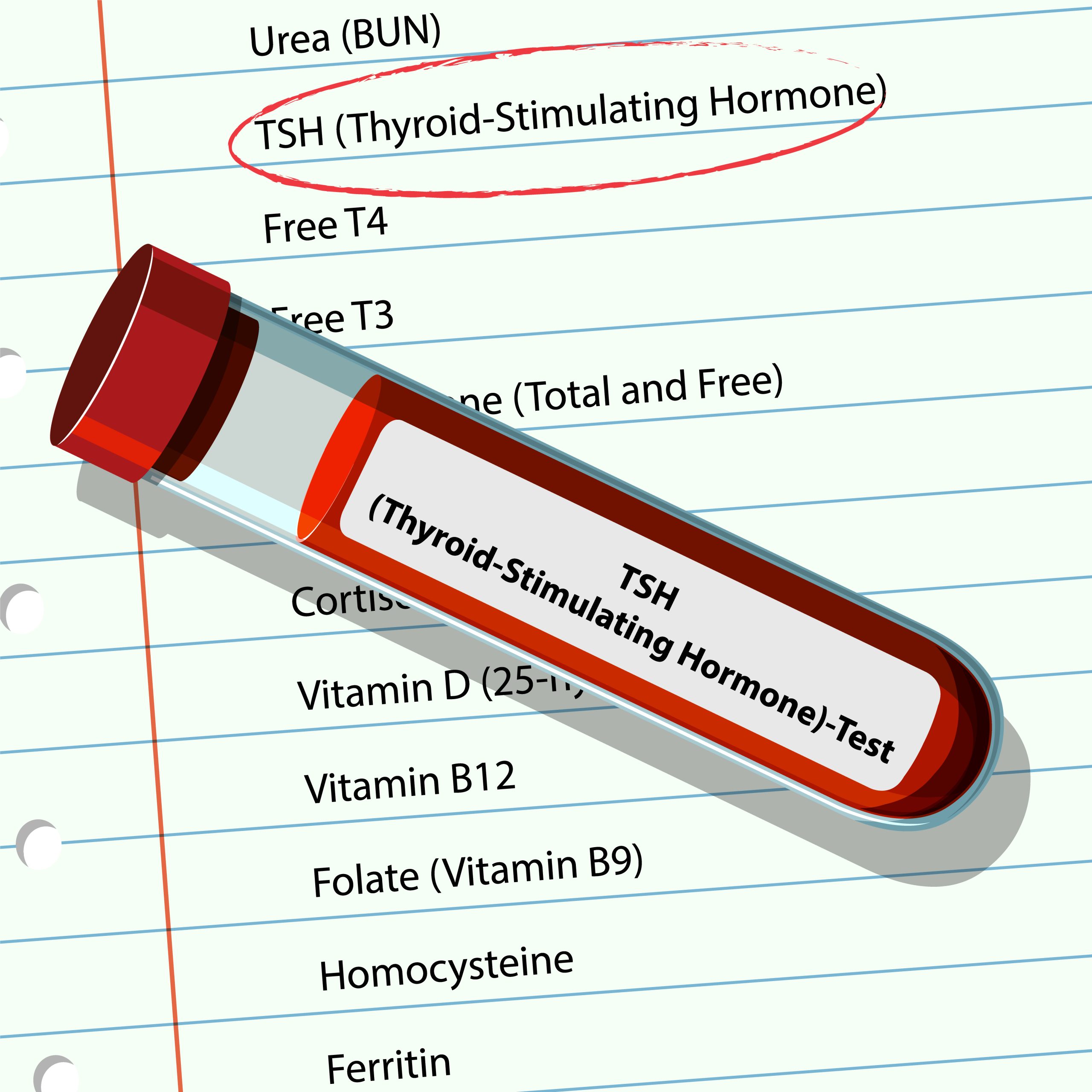
Typhoid tests are used to detect Salmonella Typhi, the bacteria that causes typhoid fever. Common tests include the Widal test, blood culture, stool and urine culture, rapid diagnostic tests (RDTs), and PCR.
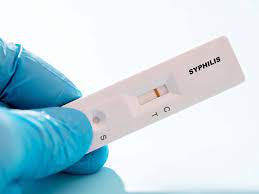
Malaria testing typically involves two main types of blood tests: blood smear microscopy and rapid diagnostic tests (RDTs). Blood smear microscopy, the "gold standard," involves examining a blood sample under a microscope to identify the presence and type of malaria parasite. RDTs, on the other hand, are faster and more convenient, using a test strip to detect specific malaria parasite proteins.
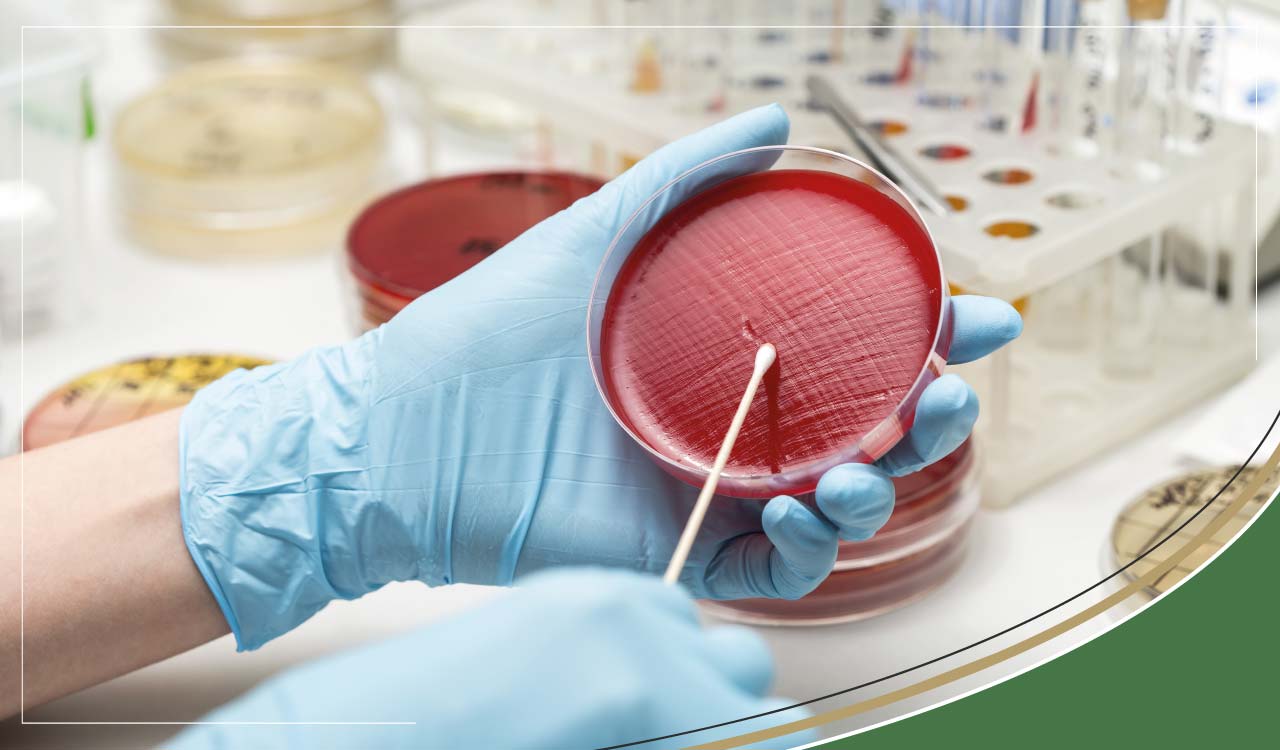
A culture and sensitivity (C&S) test is a laboratory procedure used to identify the specific bacteria or other microorganisms causing an infection and determine which antibiotics are effective against them. It's performed on various samples like urine, stool, and swabs from different body parts.

A stool examination, also known as a fecal analysis, is a medical test that analyzes a stool sample to detect various conditions affecting the gastrointestinal tract. It can help identify infections, digestive problems, or even certain cancers.
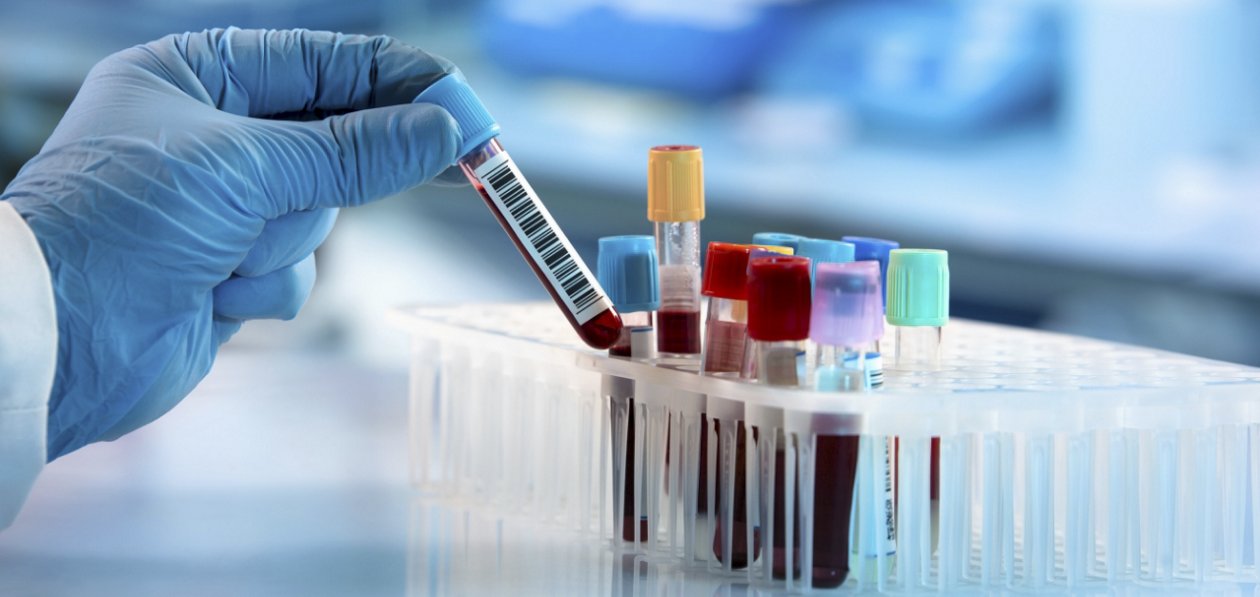
A blood culture is a laboratory test that examines a blood sample for the presence of microorganisms like bacteria or fungi that can cause infections. It helps identify the specific type of germ causing an infection and guide treatment.
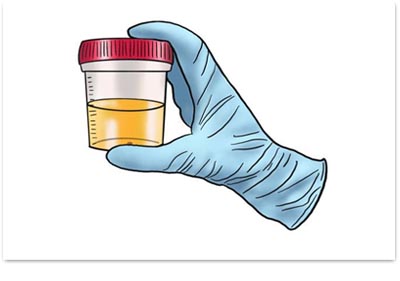
A urinalysis, or urine examination, is a medical test that analyzes urine to provide information about a person's health. It's a common procedure used to detect a variety of conditions, including urinary tract infections, kidney disease, diabetes, and other health problems.
Genetic/Immunology Tests
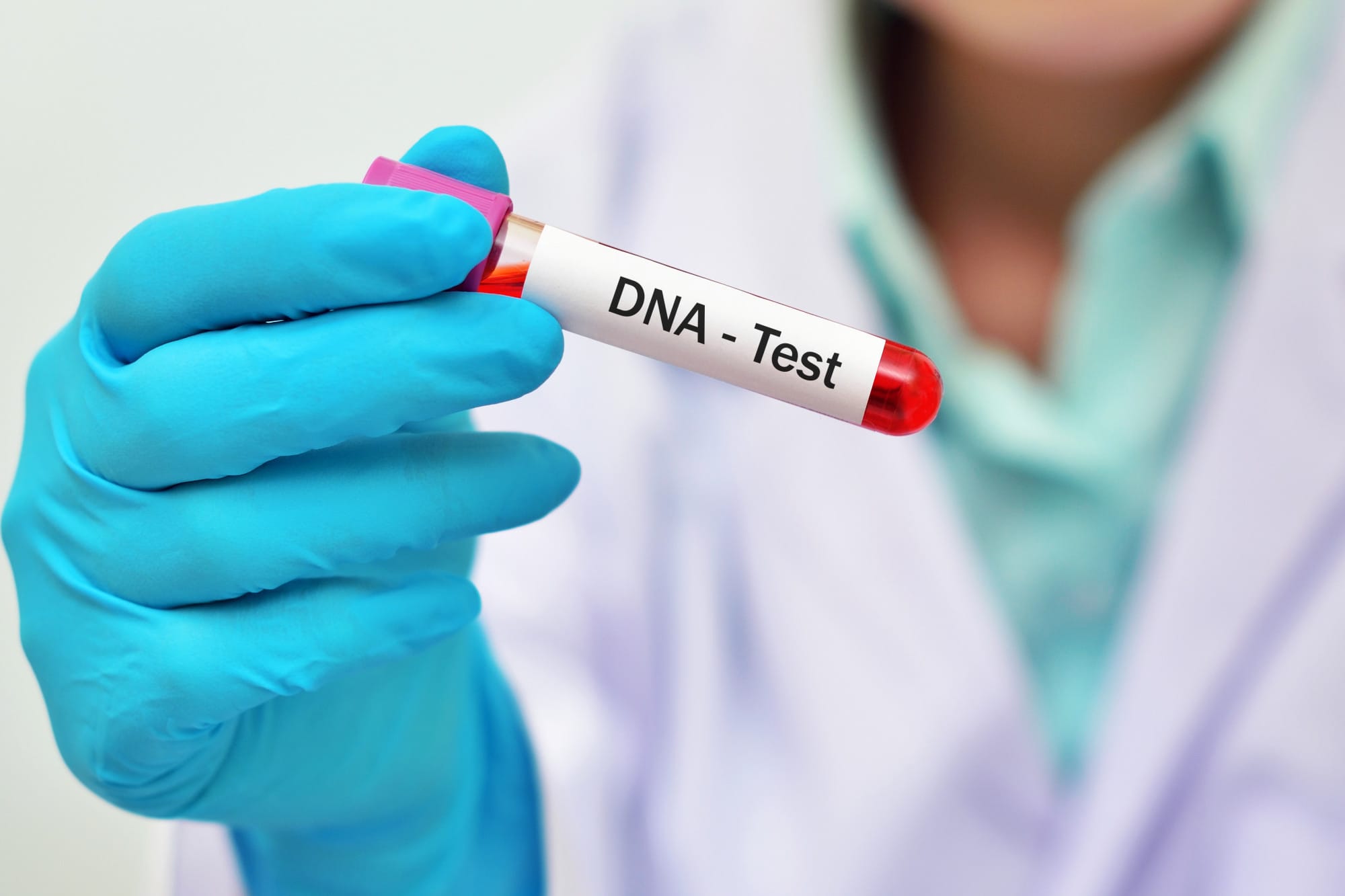
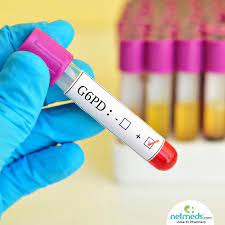
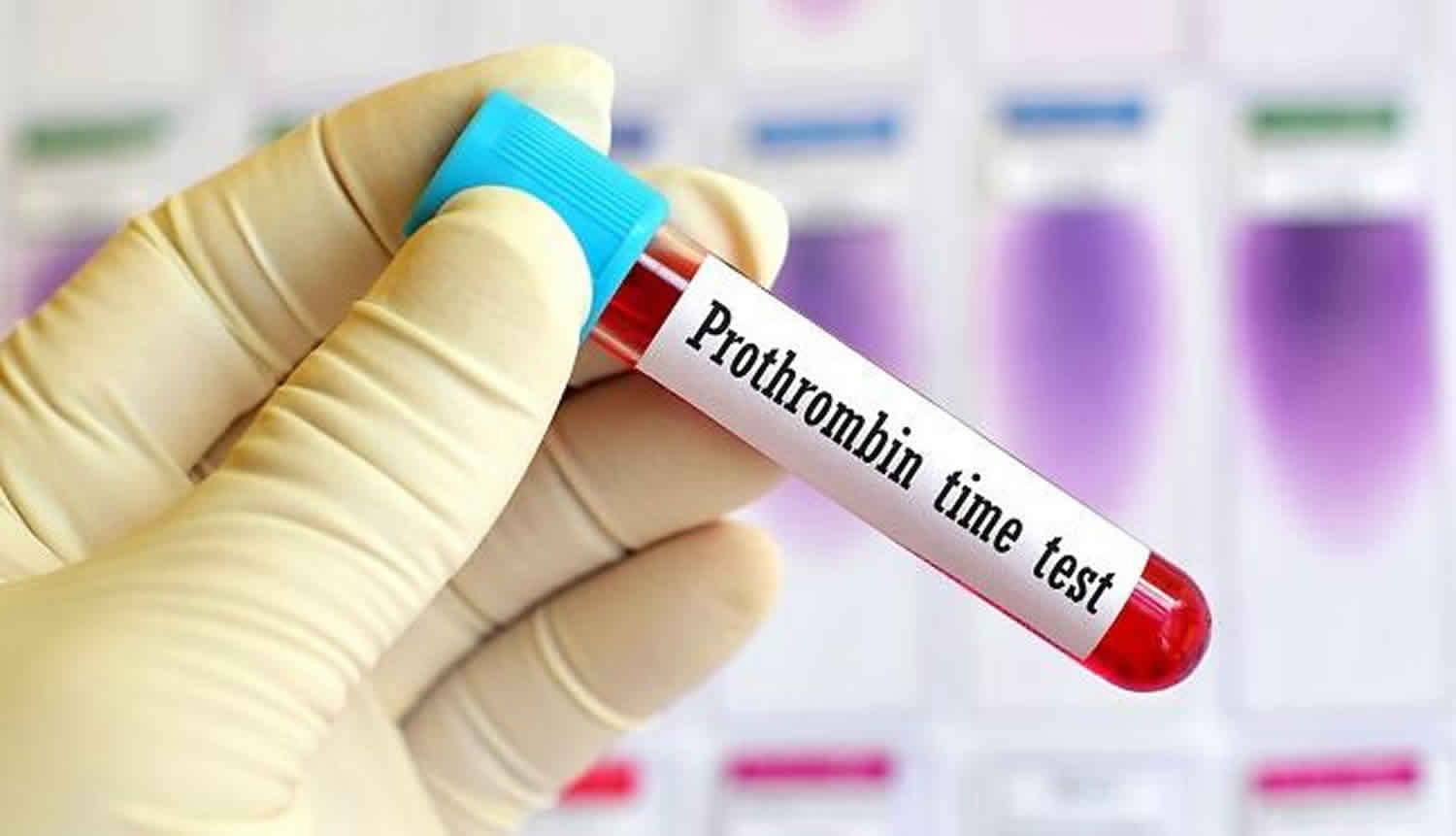
The prothrombin time (PT) test is a blood test that measures how long it takes for blood to clot. It's used to evaluate the extrinsic and common pathways of blood coagulation, which are essential for stopping bleeding. The PT test is often used to monitor patients taking warfarin (a blood thinner) and to diagnose or monitor bleeding disorders.
